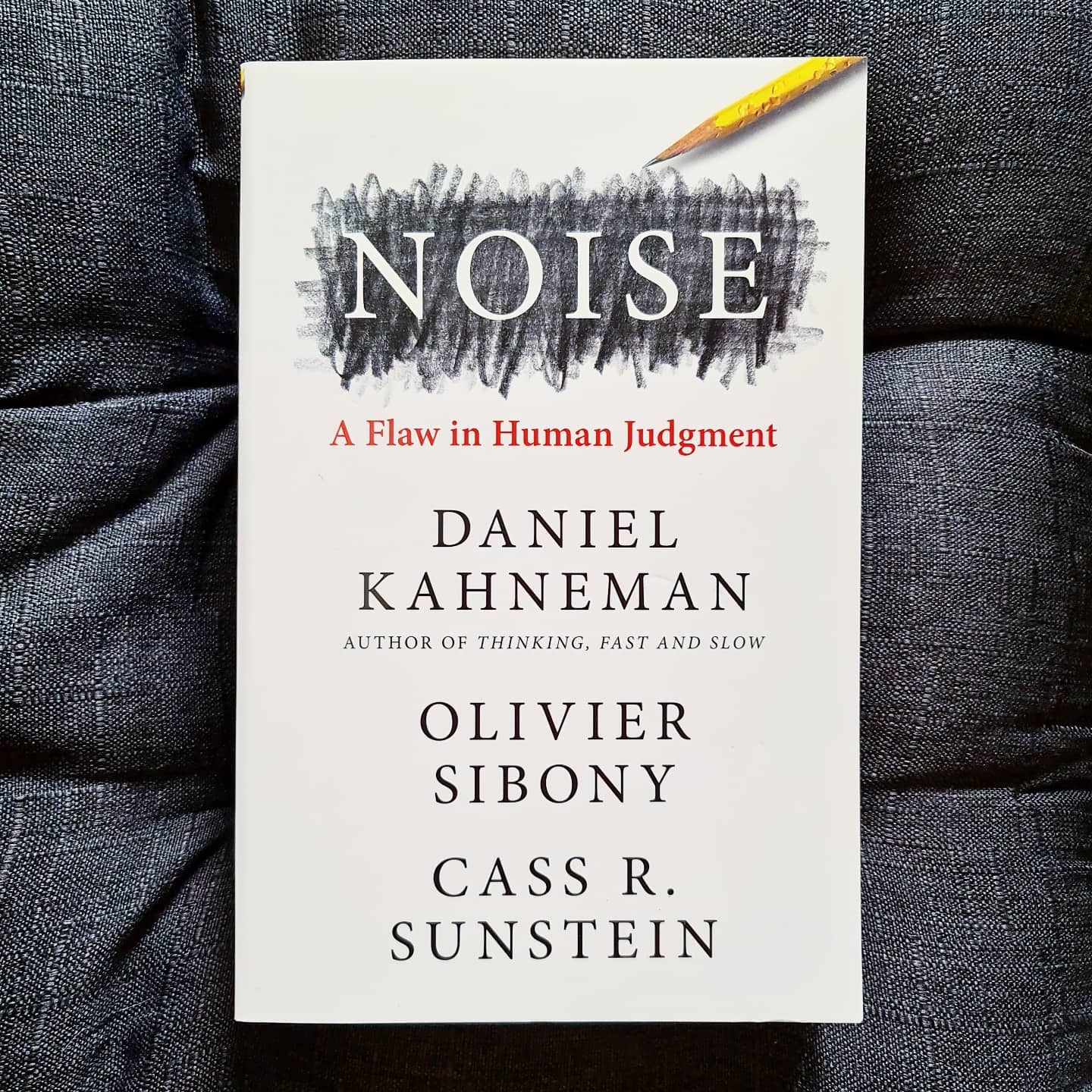In "Noise," the authors Daniel Kahneman, Olivier Sibony, and Cass R. Sunstein delve into the concept of "noise" in human judgment, highlighting its impact on decision-making across various fields.
Here are some key lessons from the book:
1. Noise is everywhere: The book argues that "noise" - random variation in judgments - is not an occasional hiccup but a pervasive phenomenon impacting decisions in fields like medicine, law, finance, and even personal life. It can lead to inconsistencies, unfair outcomes, and suboptimal choices.
2. Noise has different sources: "Noise" can stem from various factors like individual biases, cognitive limitations, context dependence, and even the way questions are asked. Understanding these sources is crucial for mitigating their influence.
3. De-biasing alone isn't enough: Traditional approaches to improve decision-making often focus on de-biasing individuals. However, the book emphasizes that addressing "noise" requires a broader systemic approach, including standardizing procedures, reducing complexity, and using aggregation techniques.
4. Embrace aggregation: The book suggests aggregating judgments from multiple independent individuals or teams as a powerful way to reduce "noise" and improve the overall quality of decisions. This can be done through committees, peer review, or even averaging individual estimates.
5. Design for clarity: The way questions are formulated and information presented can significantly affect judgment. The book emphasizes the importance of designing clear, unambiguous questions and presenting information in a way that minimizes ambiguity and potential for misinterpretation.
6. Embrace humility and skepticism: Recognizing the limitations of human judgment and the presence of "noise" encourages humility and skepticism in decision-making. This leads to a more cautious approach, reliance on evidence, and a willingness to revise judgments when warranted.
7. "Noise" doesn't negate expertise: The book doesn't dismiss the value of expertise. However, it emphasizes that even experts can be susceptible to "noise." The key is to create systems that leverage expertise while minimizing the impact of random variations in judgment.
8. Focus on process, not just outcomes: Obsessing over outcomes can lead to overlooking the importance of a robust decision-making process. The book encourages focusing on creating systems and procedures that minimize "noise" and ensure consistent, high-quality judgments, even if the outcome is not always ideal.
9. "Noise" is a challenge, but not insurmountable: While "noise" presents a significant challenge, the book offers hope. By understanding its nature, implementing effective strategies, and embracing continuous improvement, we can mitigate its impact and make better decisions in various aspects of life.




